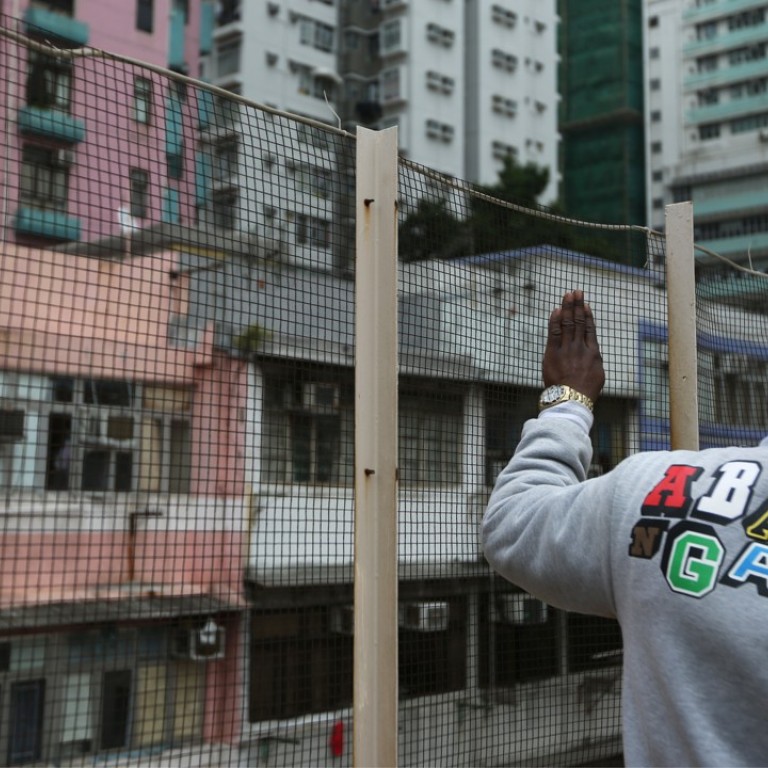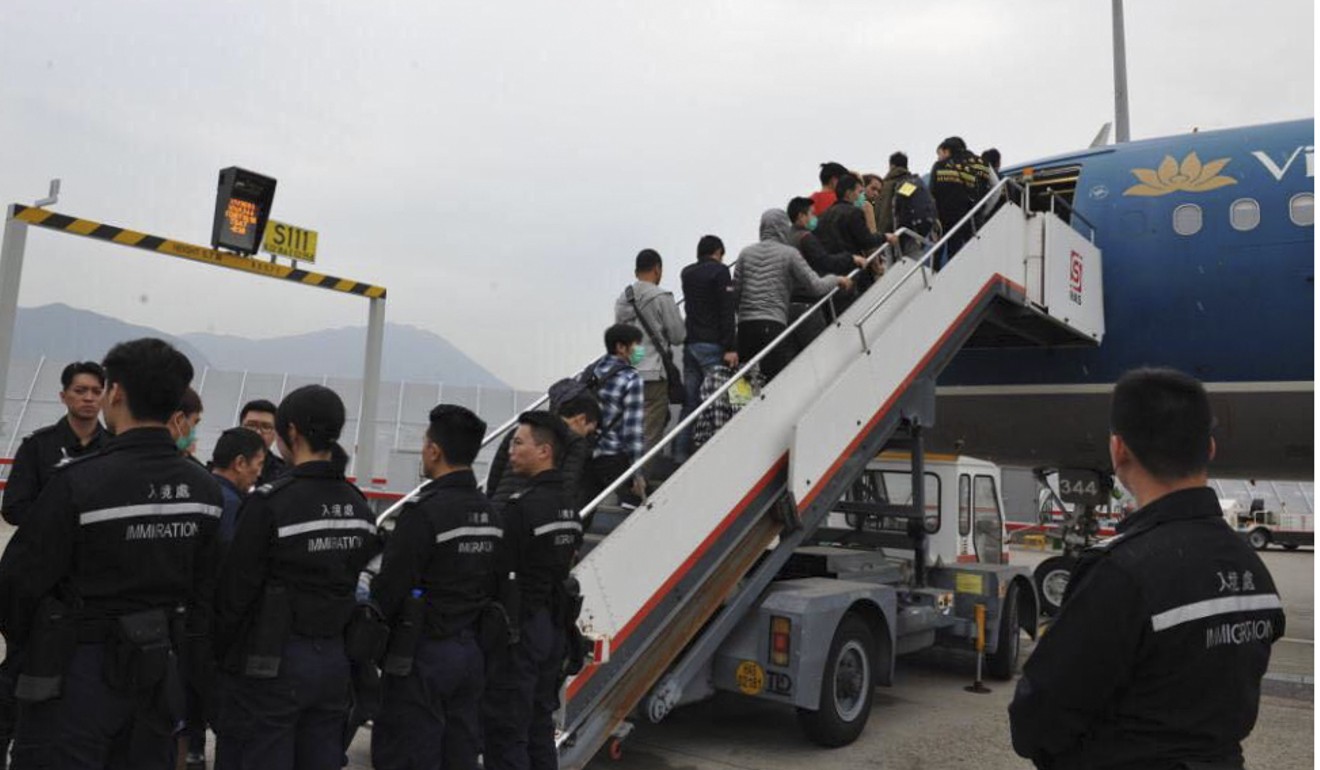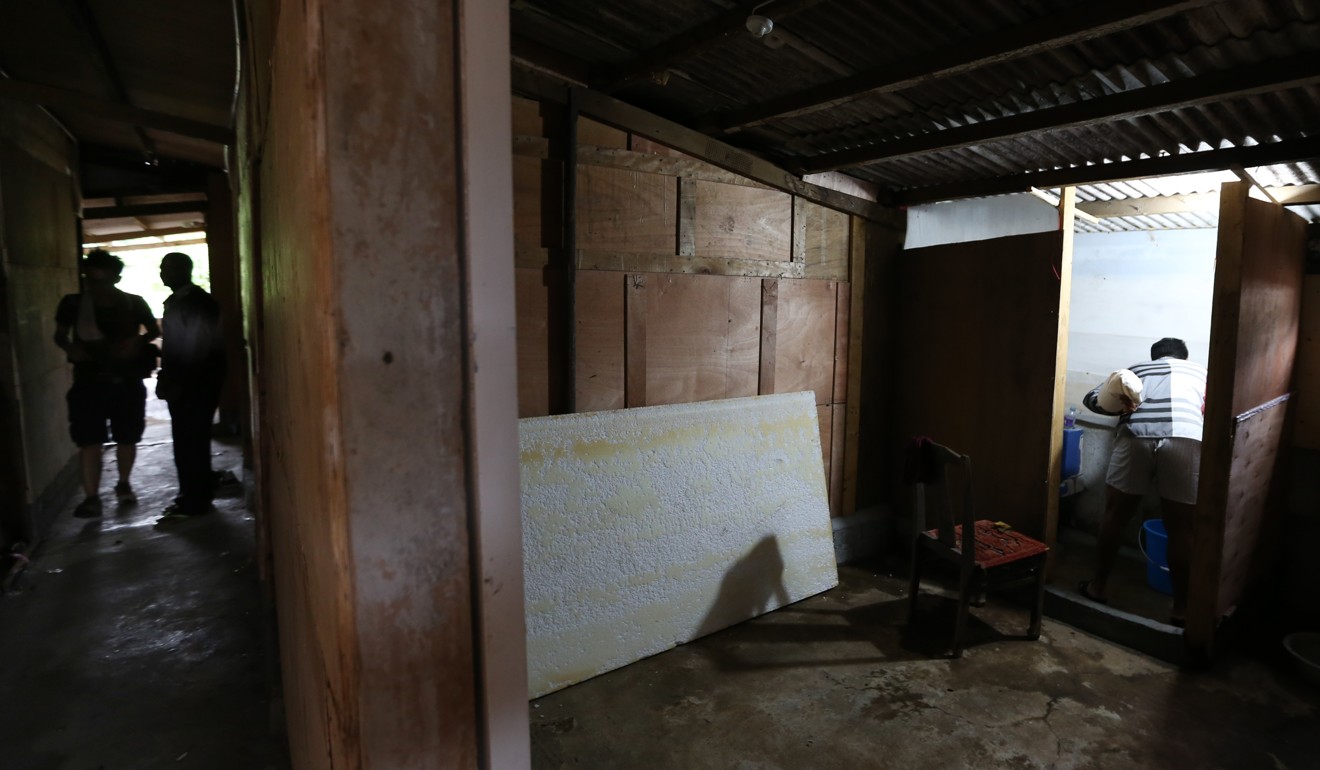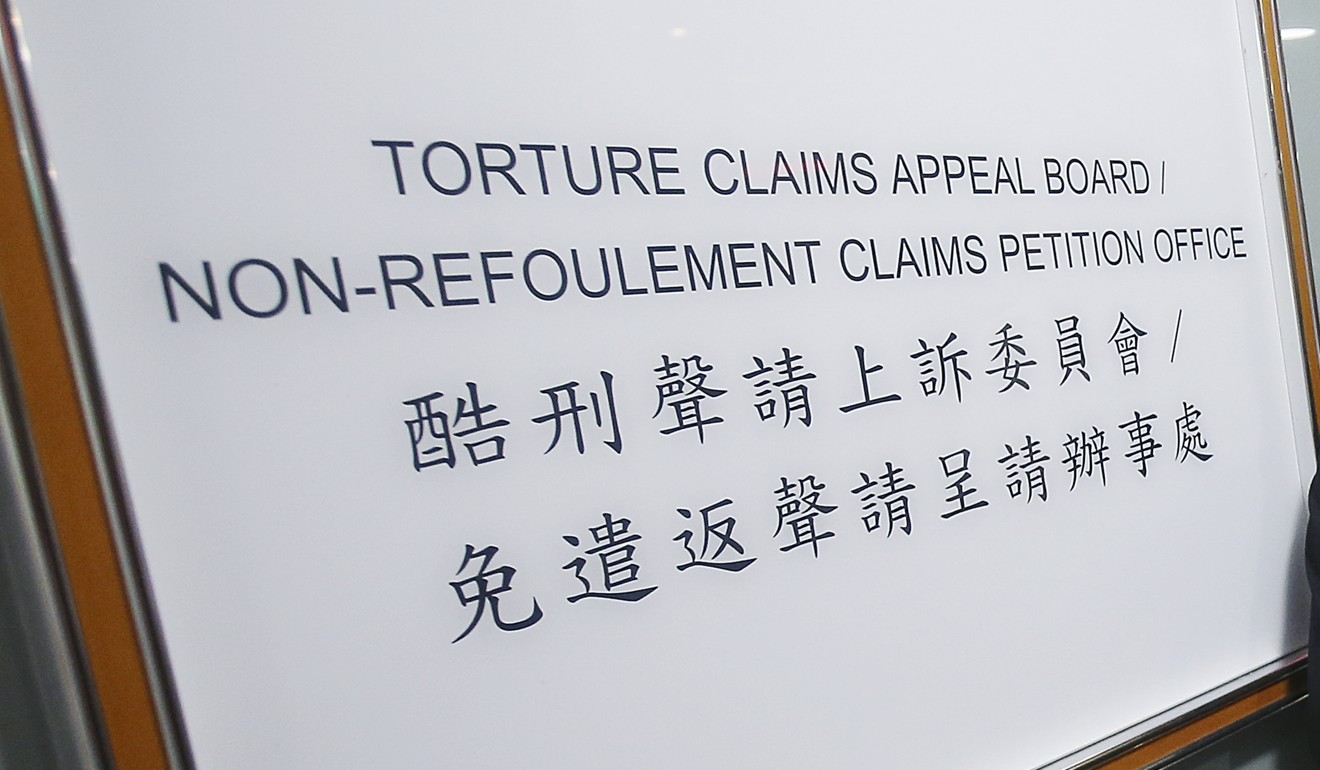
Rights lawyers slam Hong Kong plans to tighten asylum procedures, calling proposals ‘wholly unreasonable’
Officials aim to shorten the time allowed for applications and limit translation services to address a backlog of cases, but legal experts say claimants need greater support
Human rights lawyers have slammed plans by Hong Kong officials to tighten procedures for asylum applications, describing the proposals as “wholly unreasonable”.
A security panel at the city’s legislature will on Tuesday discuss reforms that could slash the time allowed for asylum seekers to present their cases, as well as limit their access to interpreters.
“The present procedures are already draconian and contrary to the recommendations of the legal profession,” leading human rights lawyer Mark Daly said.
“These go even further. They are not reasonable and would likely invite further legal challenges.”
In a paper submitted to the Legislative Council and made public on Friday, the government said delays in submitting evidence for protection claims would no longer be tolerated to the same degree.

The package of changes outlined by officials includes cutting the time limit for applications to reach the Immigration Department from 49 days to just 14.
During these two weeks an asylum seeker and their assigned lawyer would have to compile all the evidence and necessary paperwork for their case.
Asylum seekers want better screening from Immigration Department
Michael Vidler, another of Hong Kong’s top human rights lawyers, said he did not believe the proposals, if given the green light, would survive a judicial review.
He argued that the government was trying to introduce the new requirements “not just with the view to speeding up the process, it’s also to prevent people accessing their rights, when they already have little access to legal representation”.

The administration “seems to be imposing a wholly unreasonable burden on these individuals, in a system that takes a long time not because of the applicants, but because of the access to legal representation”, Vidler said.
Furthermore, if their claims are rejected, applicants are currently given two weeks to file an appeal, but that period would be reduced to one week under the proposals.
How a Hong Kong asylum seeker turned pastor transformed his life
Extensions would only be granted in circumstances perceived as “very exceptional or beyond control”.
Vidler said asylum cases took a considerable amount of time to prepare.
“The delays are not derived from the fact that people are not reporting quickly enough, and they are not derived from the fact they aren’t launching their appeals quickly enough,” he said.

“There are insufficient judicial resources allocated so people can receive sufficient advice and in sufficient time.”
With legal aid and properly trained officers, “there would not be a problem”, Vidler said. “There would not be the backlog which they claim to be trying to resolve.”
Asylum seekers in Hong Kong who are trying to make the best out a bad situation
The Security Bureau proposals come despite a significant drop in the number of asylum claims in the past three years. Whereas 5,053 claims were filed in 2015, the Immigration Department only received 1,843 last year.
Some 624 new claims were filed in the first half of this year, and a total of 2,997 people were waiting to have their applications screened – the lowest number of outstanding cases in five years.
Hong Kong does not grant asylum. Instead, the small number of successful claimants are referred to the United Nations refugee agency, which is responsible for resettling them in a third country.
The government’s other proposed measures include not granting translation services to claimants who speak dialects if the Immigration Department or the appeal board has “reasonable belief” they can speak English or their homeland’s official language.
But Vidler said depriving applicants of interpreters in their first language would be unreasonable on such a “vitally important issue that involves the right to life”.
Home is where the hurt is for tormented asylum seekers in Hong Kong
Isaac Shaffer, head of protection claimant services at non-profit group Justice Centre Hong Kong, said proper translation was a “real issue of concern”.
“If they are not able to understand the questions and be fully understood, that jeopardises the whole process,” he said.
Reducing the time allowed to submit an appeal was “alarming”, he added, as most claimants ended up filing one, given the low acceptance rate for applications, at less than 1 per cent.
The vast majority were also not able to secure legal representation, which made submitting claims more difficult.
The government said it was planning to table an amendment to the city’s Immigration Ordinance next year to pass its plans into law.


